Urgent
Dubai Government extends remote working for employees across all its entities for two days
 MoI announces end of weather fluctuations, efforts continue to complete recovery phase
MoI announces end of weather fluctuations, efforts continue to complete recovery phase
 AD Ports Group to establish Youth Council
AD Ports Group to establish Youth Council
 Zayed International Airport remains fully operational despite recent adverse weather
Zayed International Airport remains fully operational despite recent adverse weather
 UAE participates in Paris Conference for Sudan, pledges $100 million to support Sudanese people
UAE participates in Paris Conference for Sudan, pledges $100 million to support Sudanese people
 flydubai partially resumes flights
flydubai partially resumes flights
 Tokyo stocks lower in morning
Tokyo stocks lower in morning
 Gold prices steady on Wednesday
Gold prices steady on Wednesday

 MoI announces end of weather fluctuations, efforts continue to complete recovery phase
MoI announces end of weather fluctuations, efforts continue to complete recovery phase
 AD Ports Group to establish Youth Council
AD Ports Group to establish Youth Council
 Zayed International Airport remains fully operational despite recent adverse weather
Zayed International Airport remains fully operational despite recent adverse weather
 UAE participates in Paris Conference for Sudan, pledges $100 million to support Sudanese people
UAE participates in Paris Conference for Sudan, pledges $100 million to support Sudanese people
 flydubai partially resumes flights
flydubai partially resumes flights
 Tokyo stocks lower in morning
Tokyo stocks lower in morning
 Gold prices steady on Wednesday
Gold prices steady on Wednesday



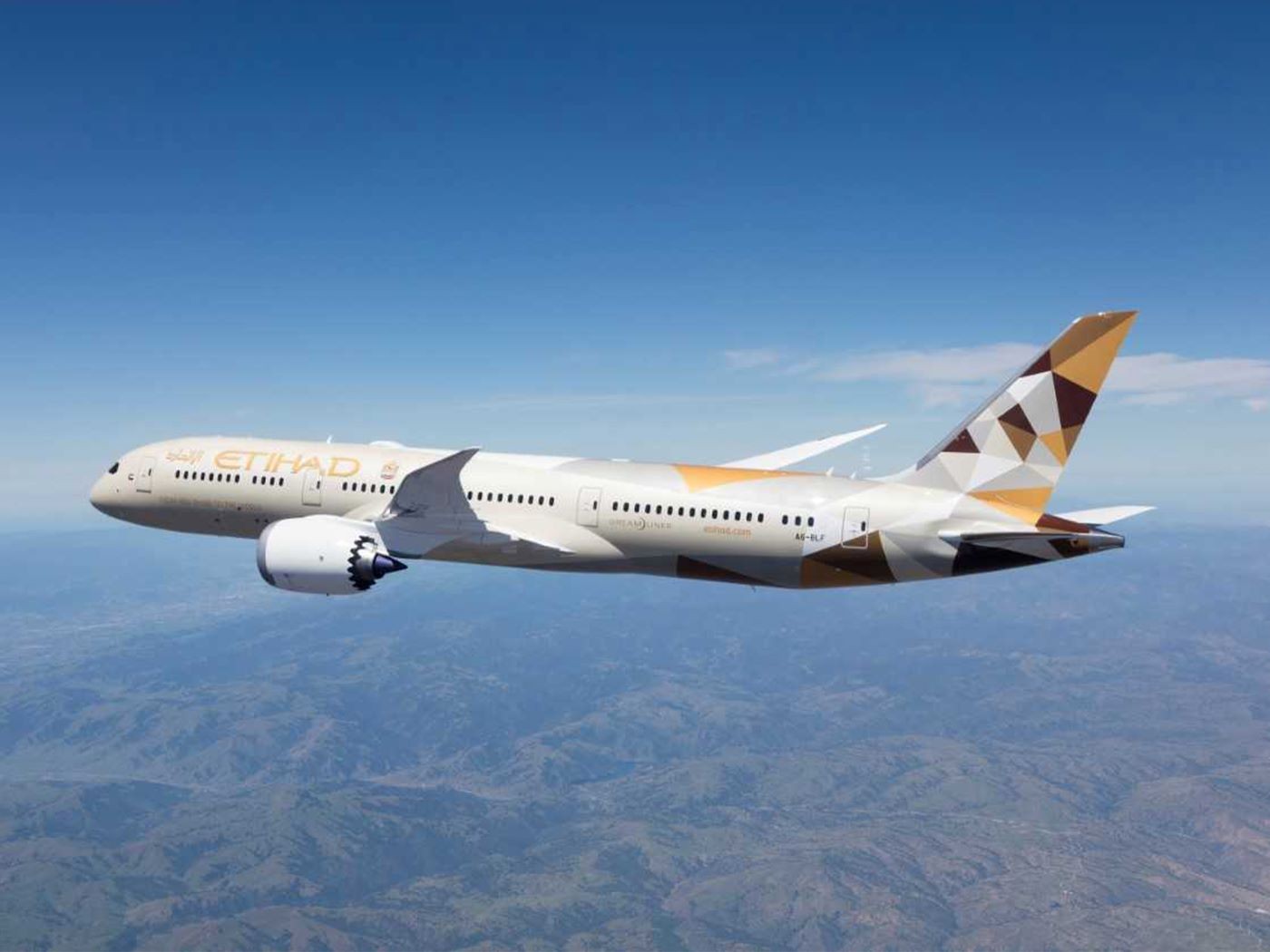

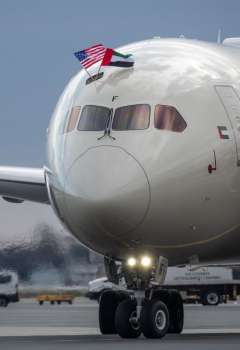
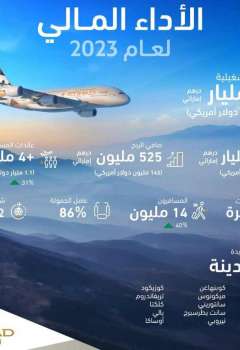
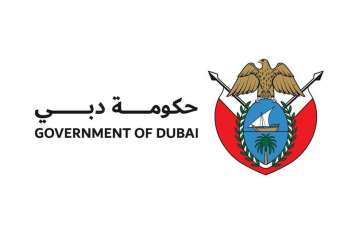
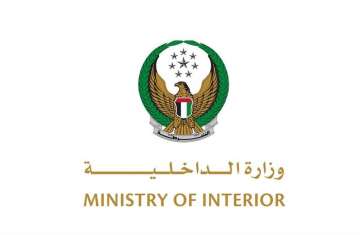


Comments